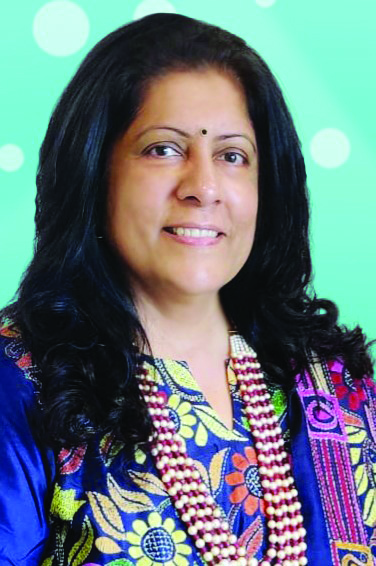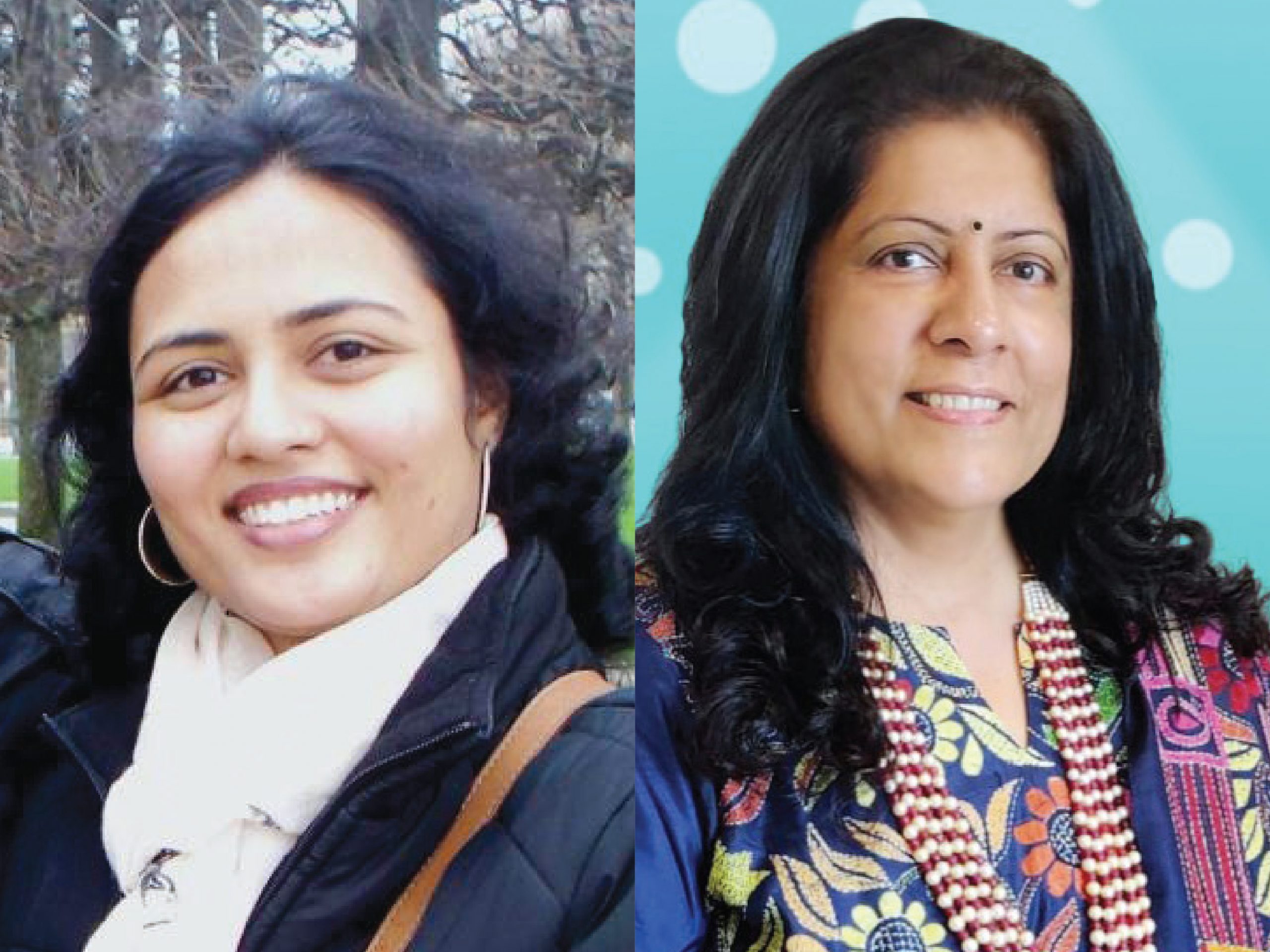No products in the cart.
Challenge & response in early years education
This essay highlights challenges confronting ECCE in government and private pre-primaries and recommends how to achieve quality standardisation and child-centric education

Kritika Baldi
The National Education Policy (NEP) 2020 and National Curriculum Framework for Foundational Stage (NCF-FS) 2022 propose radical changes in teaching-learning during the early years. This is a welcome initiative to prepare the next generation for the current and future global environment, as the positive impact of early childhood care and education (ECCE) on economic growth is now well-documented.
In India, ECCE is dispensed through government-managed anganwadis and independent private preschools. Data from the Union ministry of education indicates there are 1.3 million anganwadis countrywide that serve an aggregate 80 million pre-primary aged children while 300,000 private preschools educate 9 million children. Government anganwadis are essentially nutrition centres for infants and lactating mothers and provide minimal low-grade early childhood education. Therefore, private preschools are destined to play an increasingly important role, especially with the conterminous expansion of the middle-class population that can afford private education. This essay attempts to highlight the major challenges confronting ECCE in government and private pre-primaries and makes recommendations for achieving quality standardisation and child-centric education.

Swati Popat Vats
Fundamental challenges of early childhood education. There are no centralised guidelines for the training or recruitment of early years’ teachers. Less than 3 percent of pre-primary teachers are qualified with the Bachelor’s in Elementary Education (B. El. Ed) degree. Moreover, most early years teachers receive little social respect in their profession and tend to use this low-paying job to fill up their time, rather than to fulfill their passion for teaching. This demotivation is evident in the quality of teaching which is largely textbook-based with heavy focus on adult-led instruction and rote memorisation.
Government expenditure on training elementary school teachers in 2018-19 was only 0.15 percent of the national education outlay (Centre plus states), which is well below of other countries. In the absence of standardised training norms, private preschools have developed their own teacher development programmes which tend to focus on skills and proficiencies that school managements deem appropriate. Consequently, there is a high degree of variability in the manner and extent to which teachers absorb training and manage children in the early years.
Furthermore, there is a severe disconnect between teacher trainers and teachers managing pre-primary children in classrooms. The reality is that most trainers have not been teachers themselves and therefore, cannot relate to real-world classroom problems.
Widespread parental ignorance about the purpose and utility of professionally delivered ECCE adds to the challenges. Most parents of pre-primary age children are heavily inclined towards academics and in fact, demand regular homework, including content memorisation and writing capabilities. This hampers the efforts of progressive, aware managements to introduce play-based pedagogies.
Recommendations for child-centric education. Against the backdrop of these challenges, there is urgent need to standardise and rationalise guidelines that allow individuals to qualify as ECCE educators. Without strict regulations to prevent the infiltration of unqualified individuals into this sector, lay persons with time, space and resources are free to establish private preschools and determine their own curriculums. The Central government should mandate specialist ECCE trainers for early childhood educators.
The establishment of a greater number of ECCE teacher training institutes is a pressing necessity. Currently, only 140 institutes offer programmes to prepare early years educators, and these organisations are disproportionately strewn across the country. The next complication is within the structure and organisation of teacher training institutes. Low enrolments in these organisations, combined with the low fees cap of Rs.20,000-50,000 per year has ensured that teacher training institutes are ill-equipped to provide the infrastructure and human resources required to train teachers adequately.
The quality of teaching is dependent not merely on the academic proficiency of teachers, but also their ability to implement acquired knowledge. To ensure this, school managements must allow teachers sufficient autonomy to practice innovations and encourage the culture of learning through mistakes. Implementation of NEP 2020 will be a challenge unless the attitude of all stakeholders shifts towards truly embracing child-centric teaching and learning.
In these circumstances, we propose that all private preschools should be affiliated with a central board to ensure minimum quality education. The list of accredited schools should be made publicly available on an online platform for parents to make informed decisions when choosing preschools for their children. The online platform should provide unbiased details relating to curriculum, teachers’ training and competence as well as infrastructure facilities.
(Kritika Baldi is a Mumbai-based freelance consultant and researcher of early years education in private unaided schools & Dr. Swati Popat Vats is President of the Early Childhood Association of India)
Also read: NEP 2020: SCHOOL EDUCATION | ECCE: Teacher Training















Add comment